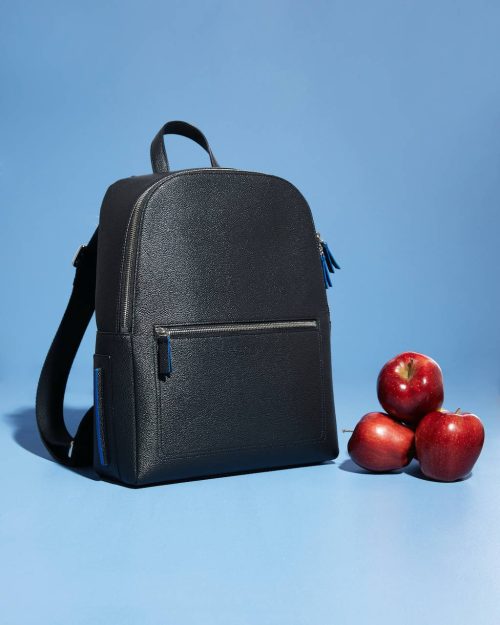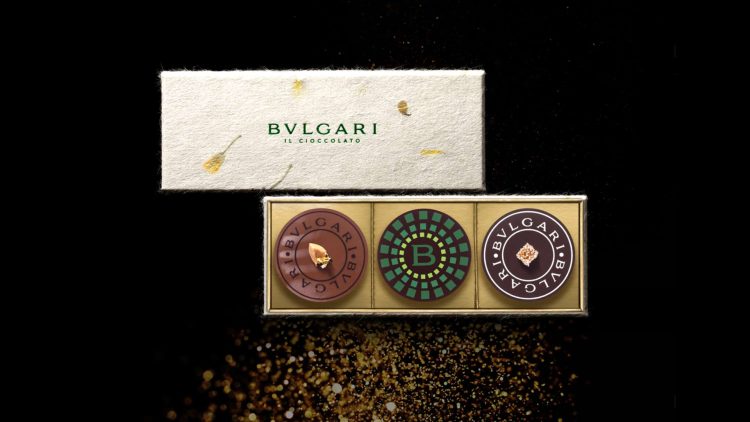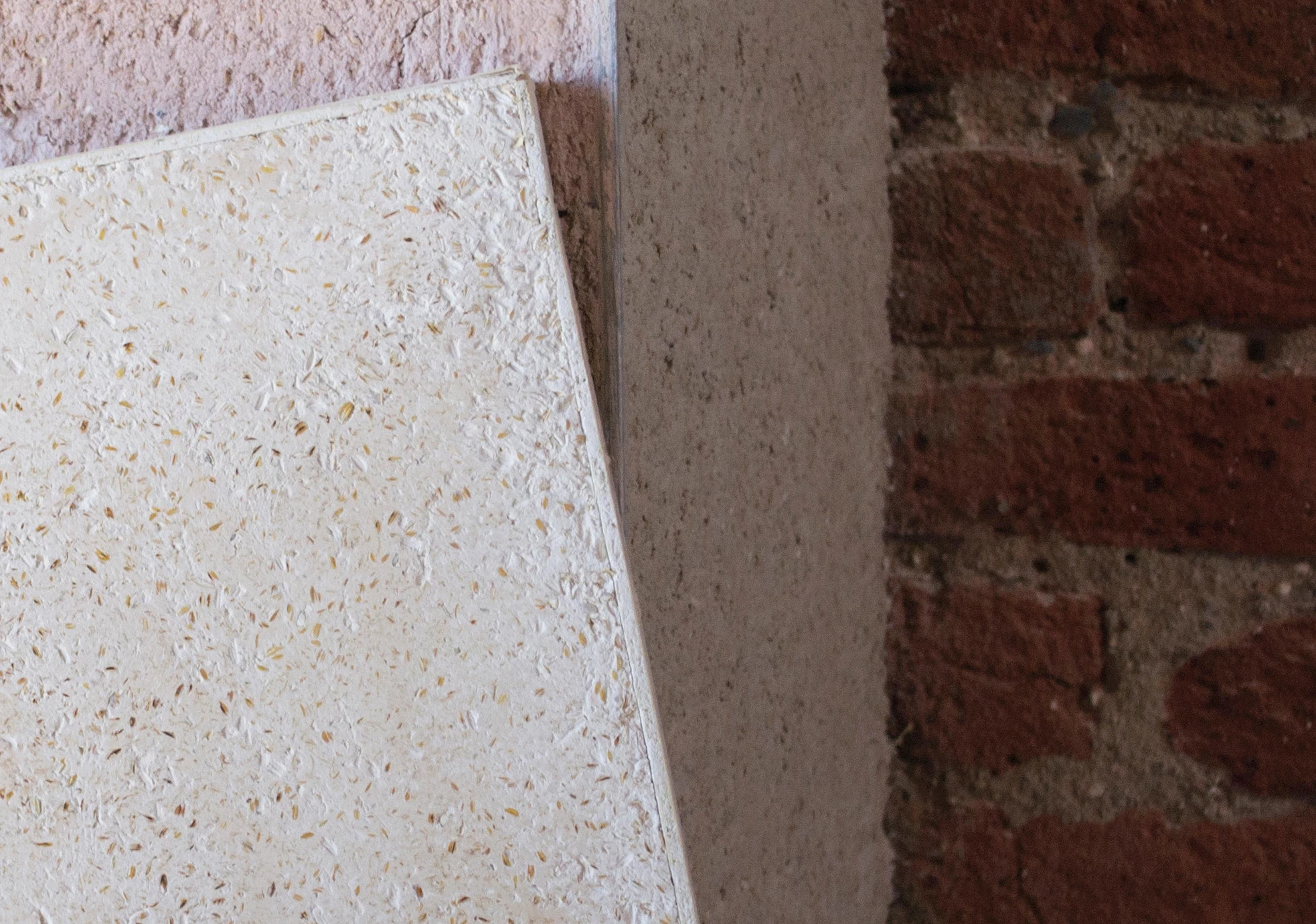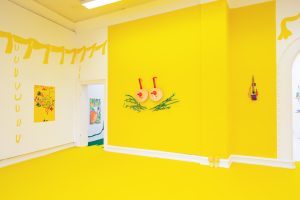Circular economy, sustainable and biophilic design, recycling, and reuse
I am an architect and a great cooking enthusiast, a member of the Italian Academy of Cuisine. This year, the central theme of the Week of Italian Cuisine in the World is food sustainability. Circular economy, sustainable and biophilic design, recycling, and reuse: these are just some of the concepts that I face every day in my work as an architect. "From the spoon to the city" is an expression with which Ernesto Nathan Rogers summarized in 1952 the field of action of the architect, starting from a design object. The spoon, a metaphor for the small scale, can also refer to the architect's role in designing our diet. The design of a building or a sustainable product is not very different from the design of a sustainable recipe. The design allows us to rethink the current relationship between man, food, and sustainability.
What does food sustainability mean, and how is this achieved through design? It all starts with proper planning of the food chain, passing through the conception and implementation of the recipes. The entire process must be guided by the principle of avoiding food waste at the beginning and the final part of waste disposal. Culinary bricolage – that is, cooking with what is leftover in the fridge or pantry - is a creative and stimulating activity and an excellent strategy for saving money and making a small contribution to the protection of the planet. "Nothing is thrown away from the pig" they say in Italy about the processing of pigs.
In recent years, the industry has learned to understand the value and potential of food production and processing waste. In the authentic spirit of the circular economy are born numerous companies that can transform food surpluses into excellent materials. From building panels made with waste from rice cultivation to textile fibers made with oranges or coconut shells, from vegan apple-based leather to dyes made with wine waste. Here is a list of those companies - together with selected Nonprofit Organizations and associations - active in Italy and Japan.
AppleSkin™ is the name of a bio-based leather alternative. It is an innovative new material made with waste recovered from the fruit juice industry.
Armani Ristorante in Ginza proposes a course menu incorporating food loss ingredients. For example, ingredients that were planned to be discarded, such as vegetables, and ingredients that lost their shipping destination due to the influence of the new coronavirus.
Biopic offers an emotional and sensory experience, making it easier and compatible with modern urban lifestyles to grow "mini organic gardens" with plants with beneficial characteristics, both as nutritional and as aesthetic pleasure.
Bulgari has released a limited number of "Chocolate Gems for Sustainability," chocolate made from cocoa that has been used to face the environment and society and think about what sustainability is.
Chefs for the Blue is a chef team engaged in various activities such as collaborative projects with local governments and companies, aiming for sustainable sea and food events. Cooks have a hand to connect with "producers" and "consumers" and are in a position to send a big message to the world of food.
Plant-based alternative to meat. The Technology adopted involves the processing of a mixture of vegetable flours with a high percentage of soy protein, which allows you to obtain a fiber that is comparable to meat for texture and flavor.
Food Loss Bank was established to improve the environment by connecting many people and reducing food loss. It is active around three points: "respecting diversity," "circularity," and "sustainability."
GREENWILL is a global nonprofit initiative offering a free standardized environmental policy ("Green Policy") worldwide. By adopting the GREENWILL pledge, any business, organization (formal or informal), or individual is provided with a clear, simple, and completely voluntary path to becoming more environmentally friendly.
Kyobashi Future Food Living Lab
A sustainable food ecosystem in the Kyobashi area of Tokyo. Through a series of interactive and impact-focused programs and activities, it strives to build a dynamic community committed to sustainably improving food systems in Tokyo and beyond.
The Michelin Green Star is an annual award that highlights restaurants at the forefront of the industry when it comes to their sustainable practices. They hold themselves accountable for their ethical and environmental standards and work with sustainable producers and suppliers to avoid waste and reduce or even remove the plastic and other non-recyclable materials from their supply chain.
Milk Brick is an innovative startup of the circular economy. It recovers the waste milk and transforms it into a new secondary raw material to be used to produce hundreds of concrete products.
Orange Fiber produces sustainable fabrics from citrus juice by-products. The innovative process has been patented since 2014 in the main citrus juice-producing countries worldwide.
Origami Organics is an Italian brand for babies with apparel made from milk fiber and organic cotton. The use of milk fiber - which is obtained from dairy waste - allows for producing eco-friendly clothing items with a low environmental impact.
Ricehouse bases its activity on the enhancement of by-products from rice cultivation, targeting the development and commercialization of new construction materials: rice straw, rice husk, thermo plastering base coat, lightweight screeds, and clay and lime-based finishes.
Sustainability Seed is a donation-type and purchase-type crowdfunding platform focusing on sustainability. Donation-type / purchase-type crowdfunding is a mechanism in which a project owner who wants to contribute sustainably introduces the usage, products, services, etc., that they are trying to develop to supporters widely and obtains support for a fixed period.
Researchers from the Institute of Industrial Science at The University of Tokyo have developed a new method to reduce food waste by recycling discarded fruit and vegetable scraps into robust construction materials.
Zemb proposes a new and well-being future eating habits, using plant skins, cores, pods, seeds, and cotton that have been abandoned until now. By developing Technology that brings out the flavor and nutrition of the ingredients, Zemb has created products that allow you to experience the "whole taste."
Three is the perfect number, especially when talking of sustainability. We just need to follow the rules of the 3Rs and 3Ps. The first rule - Reduce, Reuse, Recycle - requires us to reduce our production and consumption. In doing so, even reuse and recycling become lighter. Japan and Italy represent a virtuous example thanks to the traditional philosophy of eating less but quality.
The second rule - Profit, People and Planet, the Triple Bottom Line proposed in 1994 by John Elkington - requires companies to measure their social and environmental impact beyond the legitimate one of financial convenience. Also, in this case, Italy and Japan are two countries that are very sensitive to this issue. The cultural and industrial initiatives recently promoted by both demonstrate this.
We hope that even the less virtuous countries will follow this path sometime soon.
A DECALOGUE FOR THE FOOD SUSTAINABILITY
Territory.
Prefer locally available food or a short supply chain.
Seasonality.
Choose seasonal products. They contain more healthy nutrients and require less energy to be produced
Biodiversity.
Variety is the best strategy for a healthy diet. Expanding the product assortment ensures that all foods are consumed in the same quantity without stressing the ecosystem.
Wasteless.
Reducing waste and not throwing away food is good for the planet and the wallet.
Moderation.
Lessening intensive farming and fishing will help the planet to heal itself.
Home-cooking
Prefer cooking at home. Reduce takeaway and food delivery.
Package-less.
Avoid food with excessive packaging. Prefer ecologic packaging.
+Quality -Quantity
Eat less, eat better. Pay for quality rather than for quantity.
Reuse.
When cooking, use creativity to avoid waste. Turn leftover into a resource.
Scientific.
Trust R&T. It can help a lot. Research and Technology can show the best way to achieve food sustainability and save our planet.

 English
English 日本語
日本語









